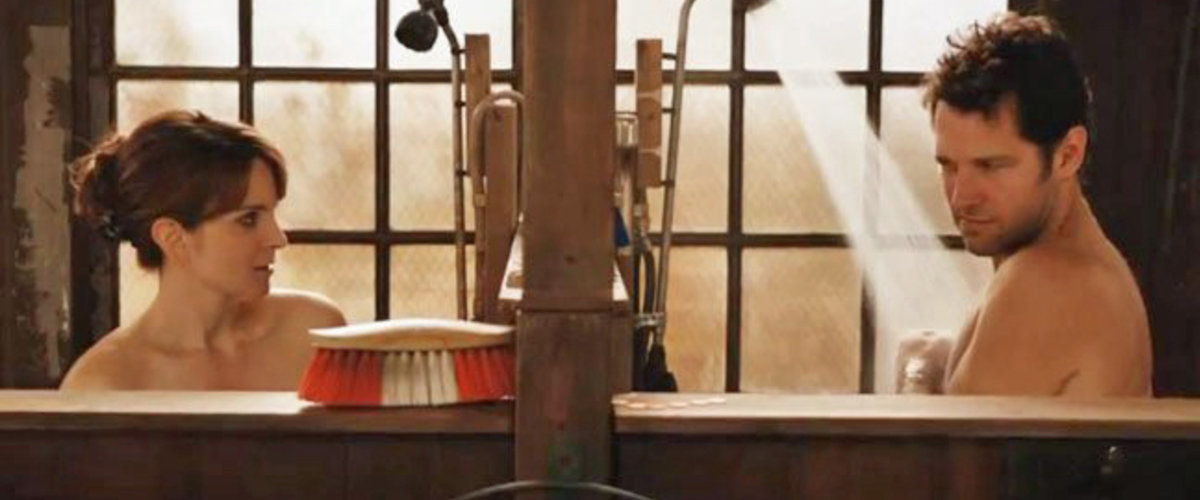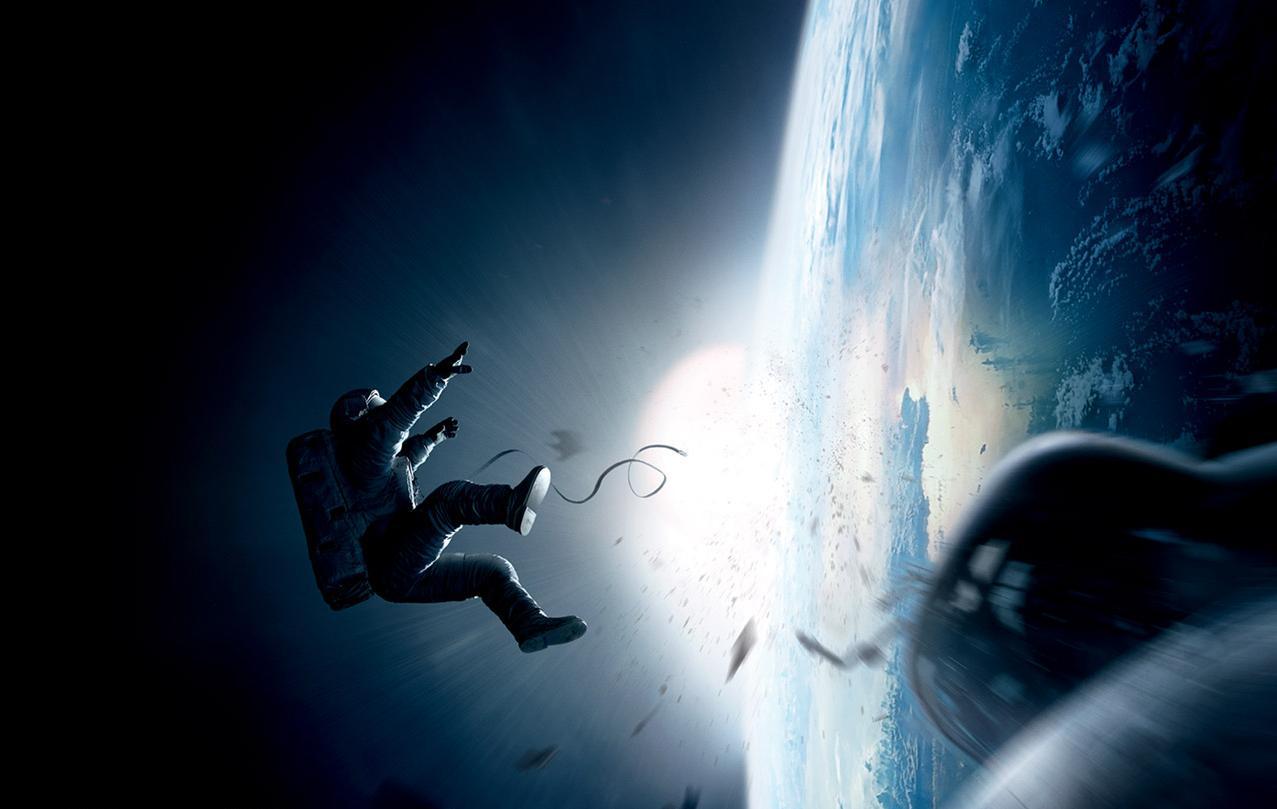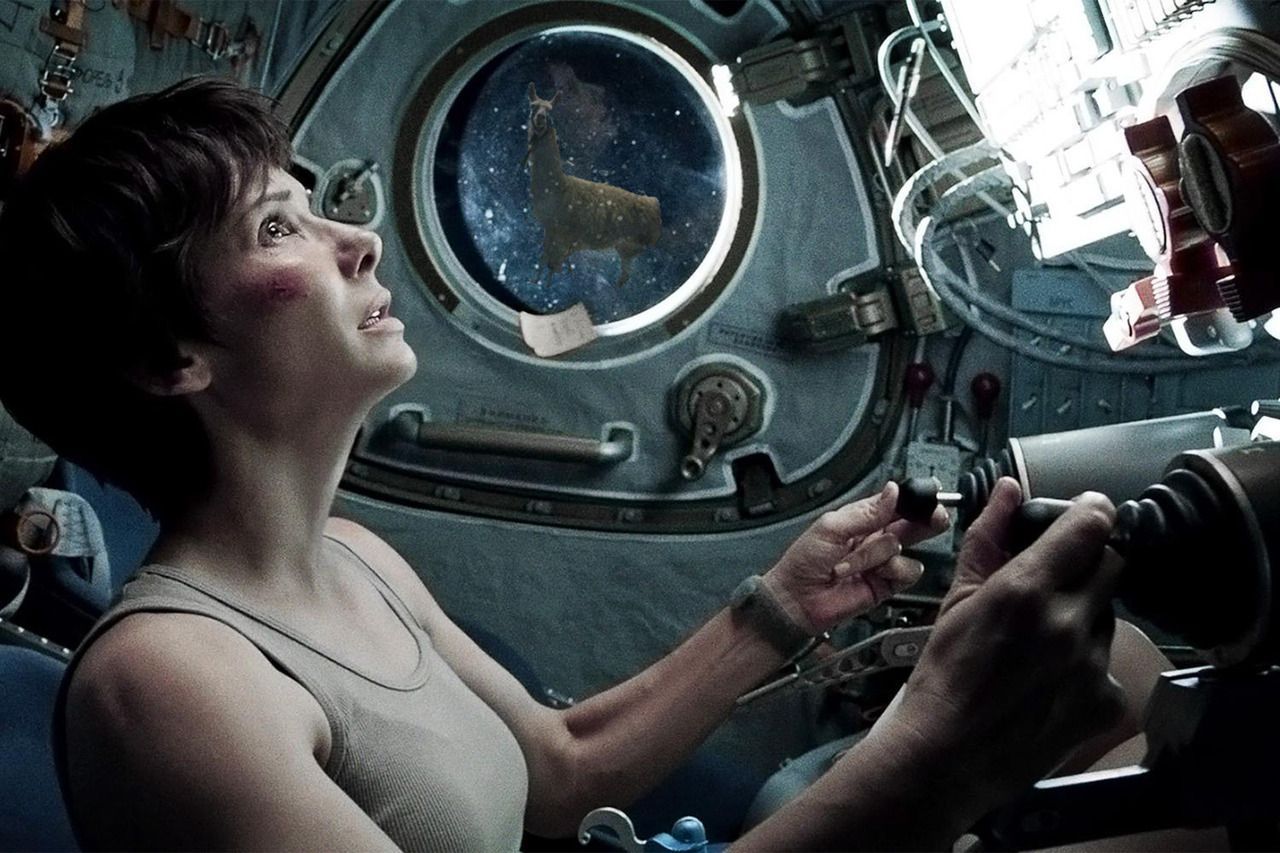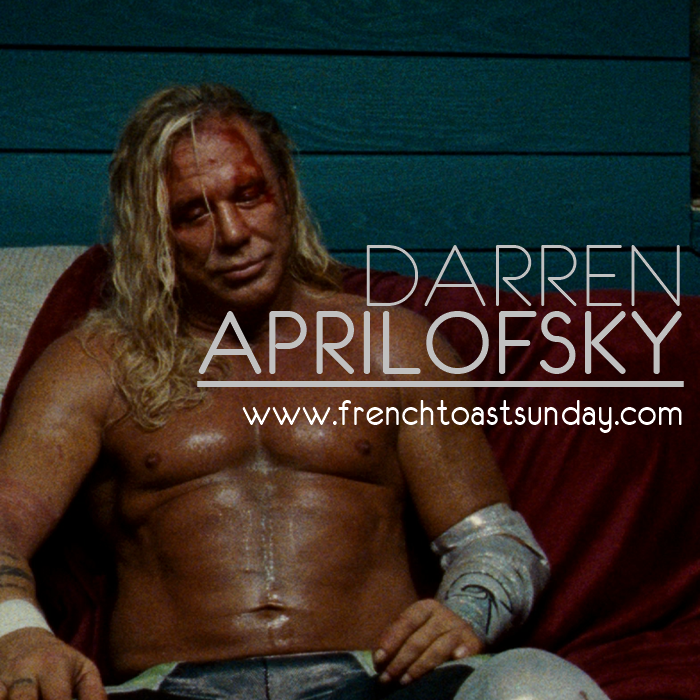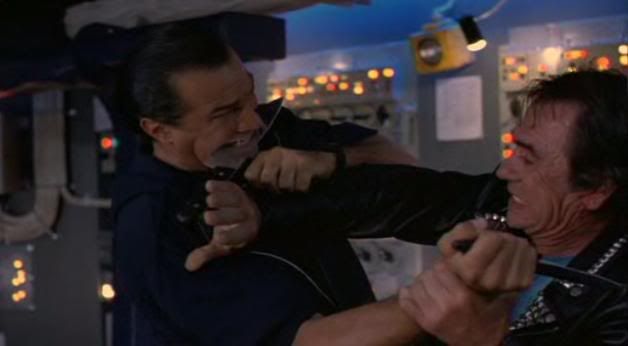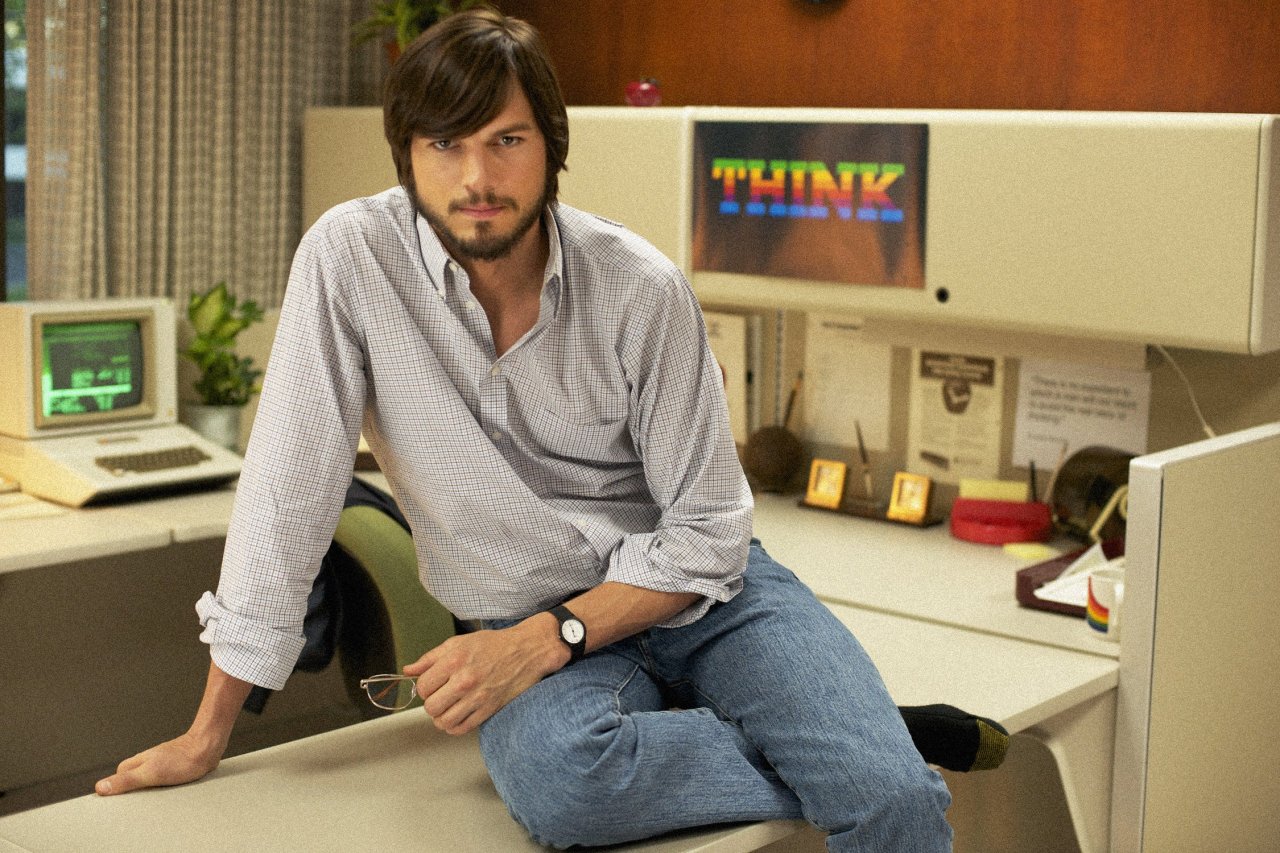Earlier this month I decided it was time to host my first blogathon and decided on Poetry in the Movies to honor National Poetry Month. For my second entry we'll take a look at real life poet/alt. rapper Saul Williams making his big screen debut in Slam.
My first post was on the documentary Louder than a Bomb. Tomorrow I'll put up a post with links to those who participated. For now, let's get back to my homie Saul.
Directed by Marc Levin.
1998. Rated R, 103 minutes
Cast:
Saul Williams
Sonja Sohn
Bonz Malone
Lawrence Wilson
Beau Sia
Andre Taylor
Momulu Stewart
DJ Renegade
Allen E. Lucas
Ron Jones
Marion Barry
Ray Joshua (Williams) is a small time weed salesman in Washington DC whose real talent and passion lies in his pen. He writes constantly and hopes to parlay his ability into a rap career with the help of his friend Big Mike (Wilson), a more solvent dealer. When Mike is shot down right in front of our hero, it so happens the cops happen to be in the vicinity. Ray flees the scene, not because he has anything to do with it, he doesn't, but because he's holding a big bag of herb. He gets caught and off to jail he goes. Once there, he finds out lots of people want a piece of him because word is he did have something to do with what happened to Mike. Fellow inmate Hopha (Malone) knows the truth and offers Ray protection. Growing weary of the street life, he balks at that also. Then there is Lauren Bell (Sohn), the cute lady who comes into the prison and teaches a creative writing class. She takes a shine to him rather quickly. Ray contemplating whether to be or not to be ensues.
From the beginning, it's pretty clear we're traveling down the road to redemption. While Ray is in jail, the question is will he get there before someone shanks him. When he gets out, he comes to a fork in that road and isn't sure of which path actually does lead to that redemption. This all leads to some interesting exchanges between he and some other characters. Most notably, his conversations with ... and Hoffa carry he portions of the movie that contains them. The acting of these scenes, and the movie as a whole, is surprisingly good. Though there is one lol-worthy oddity. Then real life mayor of DC, Marion Barry appears as a judge lamenting the effects of drugs on the black community. Maybe it's just me, but I found that particularly hilarious. Most of the actors are in their first and only big screen roles, but come across as authentic in their roles, Mayor Barry excluded of course. In the lead, Saul Williams has a certain charm and charisma which not only serves him well here but also helped him become one of the poetry slam world's most famous citizens. Fellow poet Sonja Sohn may also have a name recognizable to some of you. She would go on to play Detective Kima Greggs on HBO's The Wire.
Since we're on the subject of poets and this is part of the Poetry in the Movies Blogathon, let's talk about their work that shows up here. Well, first let me offer a disclaimer. Even though both of my entries in the blogathon involve slam poetry I am really not that big a fan of this particular sub genre. I find lots of it fun to listen to when performed but rather flat and a chore to get through when trying to read it for myself. That's because many of the writers rely on effective stage methods that don't necessarily translate well to the page. There is a heavy reliance on rhythm, repetition, call and response, easy to follow metaphors, vocal sound effects, some didactism, and lots of rhyming. Despite the rather prevalent idea that poetry should rhyme it can easily become tedious reading poems that do unless they are very well executed. There are exceptions, of course. I honestly don't think Williams is one of them. He's actually exciting to watch when he launches into either the straight raps of the earlier parts of the film or when he takes the stage for a more traditional slam poem. It is hard to deny his presence. His style lends itself to a visual audience and thus works well within the frame of the movie. It's easy to follow which helps it blend seamlessly into the narrative whereas more densely layered verse may distract from things. Sohn eventually performs a poem of her own that was obviously written purposely for this film. It works to give us one of the film's most poignant moments.
In part because of the poetry, but more because of the story playing out before us, Slam works as a film. We become invested in Ray's plight. More than just understanding it, we feel that he has great potential and hope that he won't squander it. We also see him turning a corner in his life. While applauding this, we're also a bit afraid he won't get all the way around that corner. As the movie ends, we're still not sure which path he will take. This is no feel-good story, but rather a character study that asks you to draw your own conclusion and is wrapped in some still relevant social commentary. It is the winner of the Grand Jury Prize for a Dramatic Film at the 1998 Sundance Film Festival. This isn't to say that that validates it as a great movie, but I think it is a very solid one.
MY SCORE: 7.5/10







